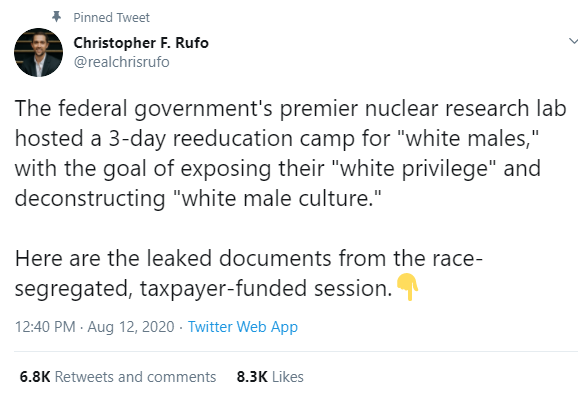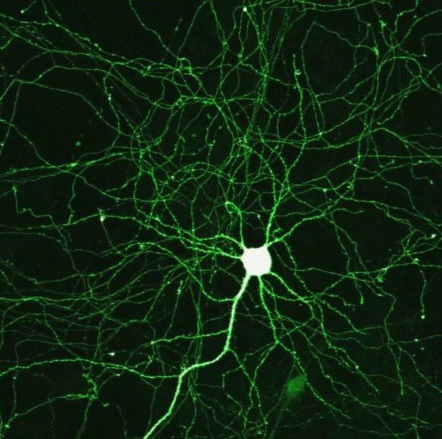On the Asymmetry of Scientific Bullshit
Cleaning up false claims is a lot more work than making false claims. That fact puts an immense burden on those of us who strive to correct the record. From "The Unbearable Asymmetry of Bullshit," by Brian D Earp.
As the programmer Alberto Brandolini is reputed to have said: “The amount of energy necessary to refute bullshit is an order of magnitude bigger than to produce it.” This is the unbearable asymmetry of bullshit I mentioned in my title, and it poses a serious problem for research integrity. Developing a strategy for overcoming it, I suggest, should be a top priority for publication ethics.
Earp urges that we (and especially, journalists) need to stay vigilant about the possibility that impressive looking scientific findings are severely flawed. In his article, he identifies some of the telltale signs of science badly done, for instance, the Gish Gallop, the technique by which one spews forth torrents of error cannot be easily refuted in the format of a debate short form debate. That said, Earp succinctly explains that attacking flawed scientific claims is a completely different thing than honoring the scientific method. In fact, attacking science badly-done is an excellent way to honor the scientific method:
[S]cience is flawed. And scientists are people too. While it is true that most scientists — at least the ones I know and work with — are hell-bent on getting things right, they are not therefore immune from human foibles. If they want to keep their jobs, at least, they must contend with a perverse “publish or perish” incentive structure that tends to reward flashy findings and high-volume “productivity” over painstaking, reliable research. On top of that, they have reputations to defend, egos to protect, and grants to pursue. They get tired. They get overwhelmed. They don’t always check their references, or even read what they cite. They have cognitive and emotional limitations, not to mention biases, like everyone else.At the same time, as the psychologist Gary Marcus has recently put it, “it is facile to dismiss science itself. The most careful scientists, and the best science journalists, realize that all science is provisional. There will always be things that we haven’t figured out yet, and even some that we get wrong.” But science is not just about conclusions, he argues, which are occasionally (or even frequently) incorrect. Instead, “It’s about a methodology for investigation, which includes, at its core, a relentless drive towards questioning that which came before.” You can both “love science,” he concludes, “and question it.”
I agree with Marcus. In fact, I agree with him so much that I would like to go a step further: if you love science, you had better question it, and question it well, so it can live up to its potential.





